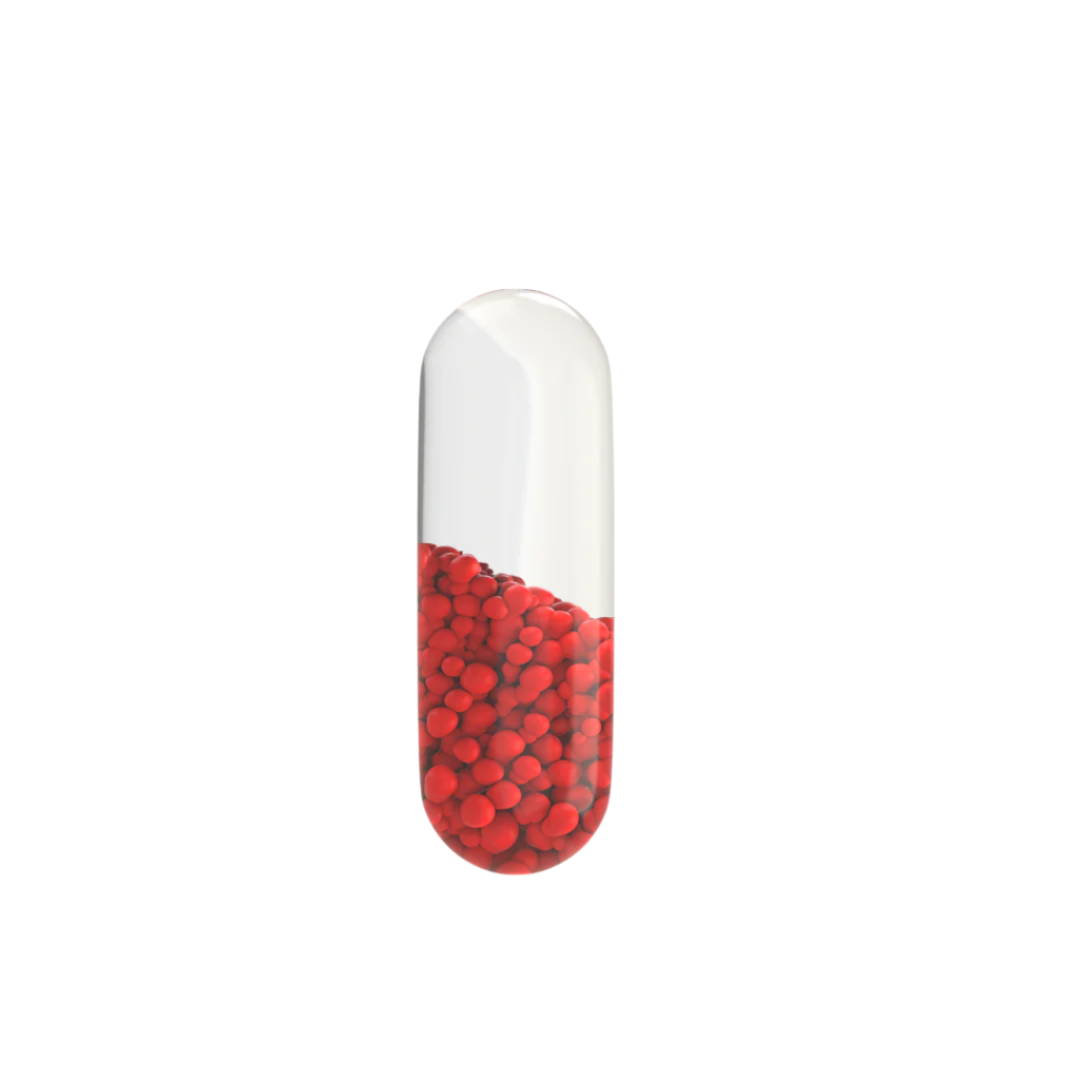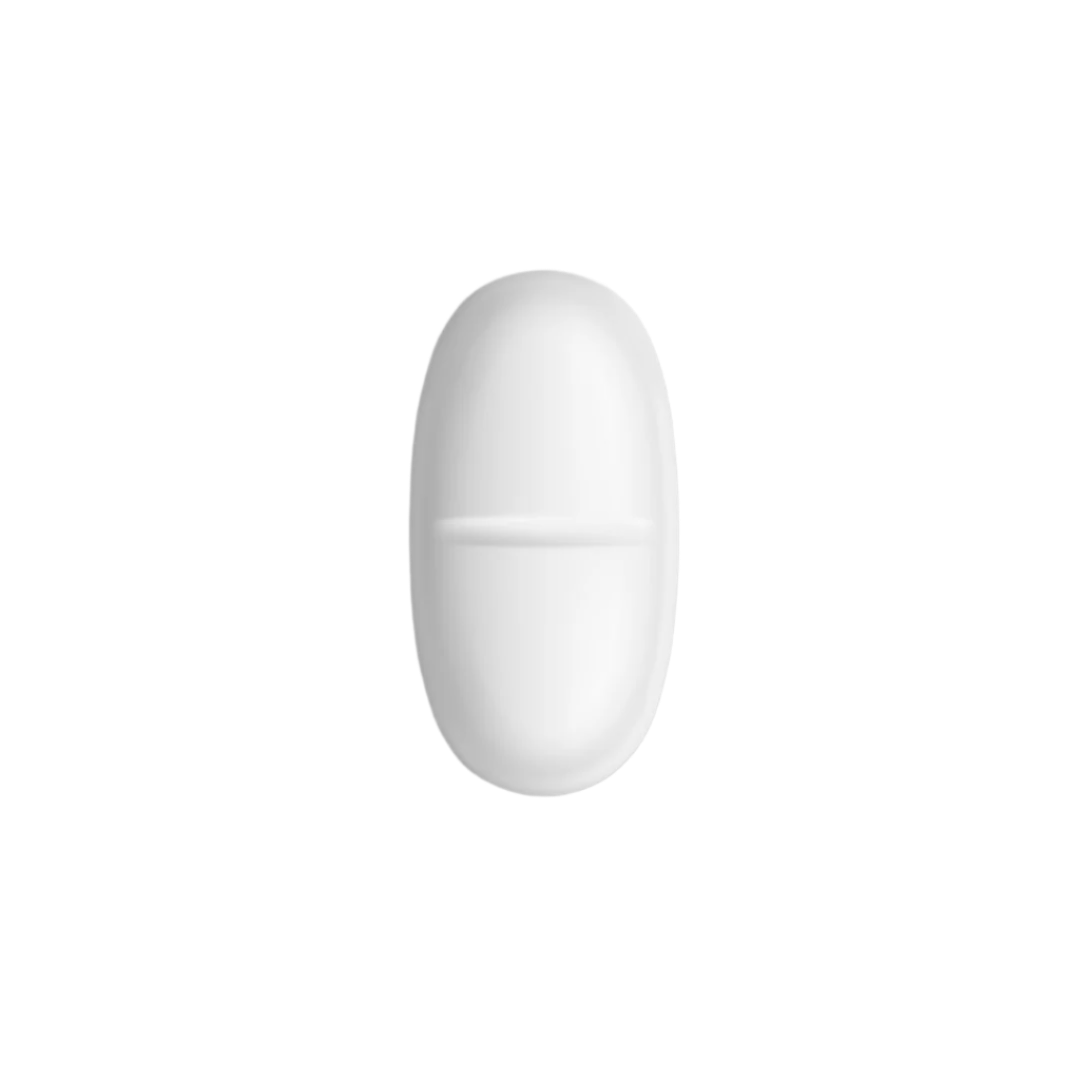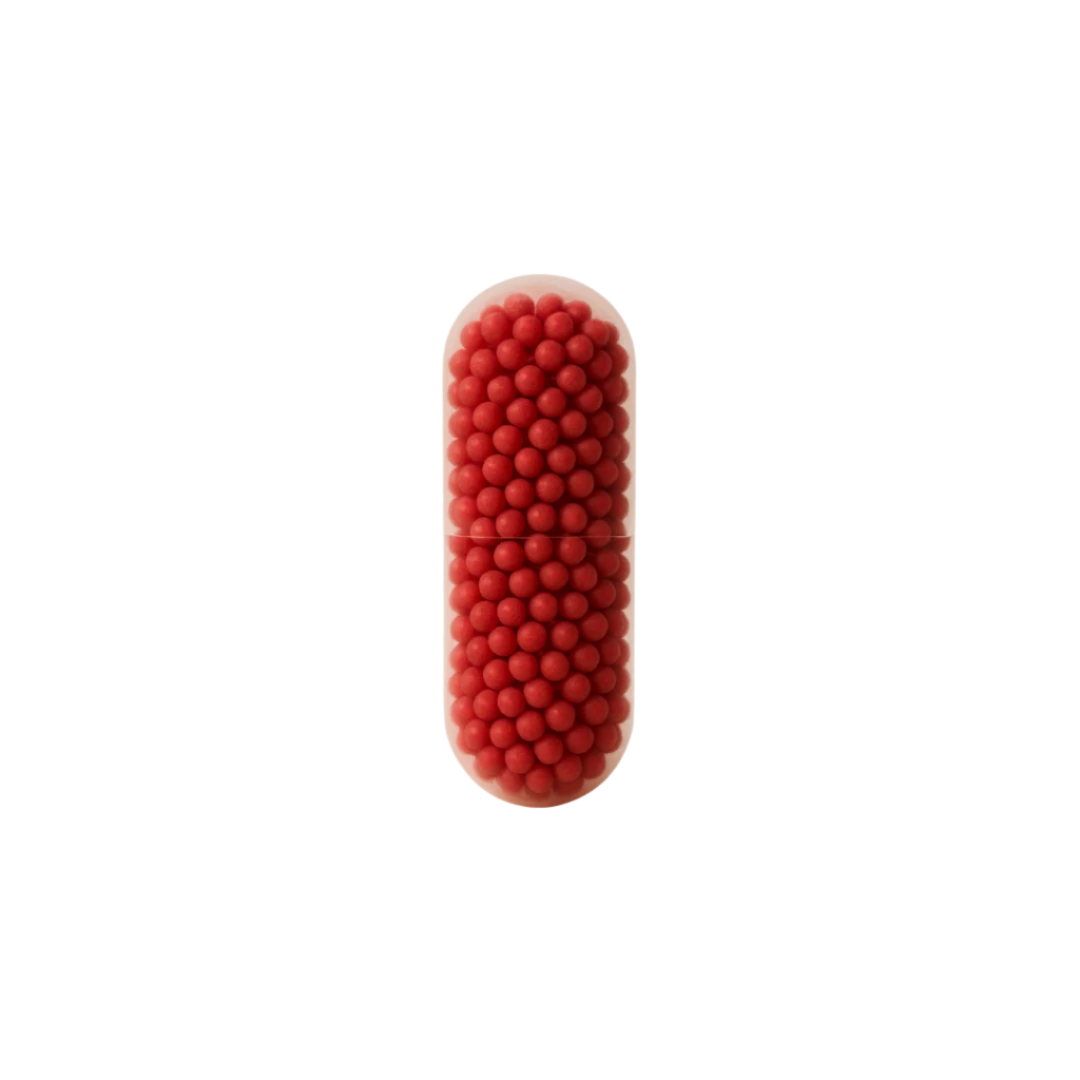5 Healthy Coffee Alternatives For Waking Up

The US National Coffee Association recently published a report on how coffee consumption is at a two-decade high, with 66% of Americans drinking it every day – that’s more than any other beverage, including tap water1. For a lot of people, the daily routine begins with a cup of coffee. That’s because coffee contains caffeine: a stimulant that can help you wake up, give you a much-needed energy boost, and improve your cognitive skills2.
Of course, coffee isn’t for everyone. A YouGov survey of 3750 Britons found that 60% of them don’t drink coffee at all3. Some find it has an astringent flavour, while others have caffeine sensitivity and experience unpleasant side effects including increased heart rate, jitters, headaches, and anxiety4.
If you’re not a coffee drinker, or are simply looking to reduce your caffeine intake, then you may well be wondering what you can do to increase your energy levels in the morning and shake off sleep inertia. In this article, we share 5 science-backed healthy alternatives to coffee to help you wake up feeling energised and ready to start the day.
Matcha Tea
If you’re looking to reduce your daily caffeine intake, then matcha tea might be a good starting place. It’s a type of green tea that has an earthy flavour with nutty, grassy notes that doesn’t contain as much caffeine as coffee.
According to the US Department of Agriculture:
- 1 cup of brewed breakfast blend coffee contains 96 mg of caffeine5
- 1 cup of brewed black tea contains 26.4 mg of caffeine6
- 1 cup of brewed green tea contains 29.4 mg of caffeine7
Matcha tea contains less caffeine than coffee, but more caffeine than most green teas, so it will give you an energy boost8. What’s more, it promotes clarity of mind, and contains a bio-compound called epigallocatechin gallate or EGCG that has a number of health benefits including anticarcinogenic and anti-inflammatory properties9.
Matcha tea is also rich in antioxidants – more so than any other tea10 – which can help protect your cells from free radicals or molecules that may play a role in causing various diseases11. Lastly, matcha tea contains L-theanine, which has been found to help promote good mental health and reduce stress levels12 – particularly useful if you’re looking to start a busy day the right way.
Kombucha
Kombucha is a fermented and sweetened tea drink that sometimes contains juices or spices for flavouring. It’s hard to pin down its caffeine content because that is influenced by a variety of factors including:
- the type of tea leaves used (white, green, black, etc.)
- how long the tea leaves are steeped
- how long it ferments
That being said, the amount of caffeine in kombucha tends to be less than tea as yeast fermentation decreases caffeine content13. But it can still provide a fizzy taste and gentle caffeine kick to help you wake up.
Studies of kombucha suggest it has plenty of health benefits as well – from supporting the immune system to detoxifying the liver14. These health benefits should be taken with a pinch of salt, though. A systematic review found that there’s still a lot of research required into kombucha’s various touted health benefits for humans15.
Coconut Water
Another great alternative to coffee for energy and wakefulness in the morning is coconut water. It’s caffeine-free, and has a pleasantly sweet yet nutty flavour. Though it’s made up of nearly 95% of water, it does contain proteins and carbohydrates. With 18kcal of energy per 100ml, it’s also a low-caloric beverage16.
What’s more, coconut water is rich in electrolytes and nutrients, including magnesium, potassium and phosphorous, to help rehydrate your body17 and set you up nicely for the day – especially if you’re planning to work out in the morning. Make sure you avoid drinking coconut water with added sugars or sweeteners, and try to find unadulterated tender coconut water.
Ginseng
Ginseng refers to the fleshy roots of 11 different varieties of plants in the genus Panax. The roots can be stewed in water to form a herbal drink, and tend to have an earthy, bitter taste.
However, ginseng is considered to be an excellent pick-me-up. Studies that have investigated its health benefits have found convincing evidence that it can relieve people of fatigue18. Another study of healthy participants found that it had a cognitive-enhancing effect, as well as improved working memory performance19. More clinical studies on human subjects need to be conducted, but for now the signs are promising. Ginseng can bring with it some side effects, including insomnia, headaches, and digestive problems, so it is advisable to be careful and drink it in moderation20.
Chicory Root
If you are trying to reduce your caffeine intake but enjoy the taste of coffee, you may want to try roasted and ground chicory root. All you need to do is mix a tablespoon or two with a glass of water. It has a similar flavour profile to coffee but is caffeine-free.
Chicory contains inulin, a type of fibre that acts as a prebiotic. Inulin feeds the beneficial bacteria in your gut21. The microbiome (all bacteria living in your gut) plays a very important role in reducing inflammation, improving nutrient absorption, and fighting harmful bacteria and yeast infections22.
Chicory has also been credited with a number of health benefits ranging from being anti-carcinogenic to immune-stimulating, though exhaustive studies are yet to be conducted to confirm such claims23.
Bonus: B・SYNC ON
Developed specifically to help people rise in the morning feeling rested, refreshed and raring to go, B・SYNC ON is the world’s first clinically tested wake-up supplement. In fact, our clinical studies suggest it can substantially help you feel more awake and energised after a single dose24.
B・SYNC ON contains four key ingredients – caffeine, vitamin B12, vitamin B5, and Zinc. There’s approximately 60mg of caffeine, which is the same as an espresso. The vitamins combine to reduce feelings of tiredness and promote energy and mental performance25, while Zinc supports cognitive functions26.
The way B・SYNC ON works is through an innovative delayed-release technology. Each capsule has different layers of coating that dissolve over 7 hours. So if you take B・SYNC ON before bed, the ingredients will be released after 7 hours to help you wake up with ease, feeling more alert and energised. That’s what makes it one of the best supplements for sleep inertia.
Sources
- https://www.ncausa.org/Newsroom/Coffee-consumption-hits-two-decade-high-2022-NCDT
- https://www.ncbi.nlm.nih.gov/pmc/articles/PMC4462044/
- https://yougov.co.uk/topics/food/survey-results/daily/2020/01/31/557e9/3
- https://www.fda.gov/consumers/consumer-updates/spilling-beans-how-much-caffeine-too-much
- https://fdc.nal.usda.gov/fdc-app.html#/food-details/1104137/nutrients
- https://fdc.nal.usda.gov/fdc-app.html#/food-details/174144/nutrients
- https://fdc.nal.usda.gov/fdc-app.html#/food-details/171917/nutrients
- https://www.ncbi.nlm.nih.gov/pmc/articles/PMC7796401/
- https://www.ncbi.nlm.nih.gov/pmc/articles/PMC2855614/
- https://www.mdpi.com/2304-8158/9/4/483/htmv
- https://www.ncbi.nlm.nih.gov/pmc/articles/PMC3614697/
- https://www.ncbi.nlm.nih.gov/pmc/articles/PMC6836118/
- https://www.researchgate.net/publication/7630092_Effect_of_Microbial_Fermentation_on_Caffeine_Content_of_Tea_Leaves
- https://www.ncbi.nlm.nih.gov/pmc/articles/PMC7278673/
- https://www.sciencedirect.com/science/article/pii/S1047279718307385
- https://www.ncbi.nlm.nih.gov/pmc/articles/PMC6255029/
- https://www.ncbi.nlm.nih.gov/pmc/articles/PMC7110305
- https://pubmed.ncbi.nlm.nih.gov/23613825/
- https://www.ncbi.nlm.nih.gov/pmc/articles/PMC6173364/
- https://www.nccih.nih.gov/health/asian-ginseng
- https://www.webmd.com/diet/health-benefits-of-chicory
- https://www.ncbi.nlm.nih.gov/pmc/articles/PMC6682904/
- https://www.hindawi.com/journals/tswj/2017/7343928/
- https://www.nature.com/articles/s41598-021-98376-z
- https://www.ncbi.nlm.nih.gov/pmc/articles/PMC7019700/
- https://www.cambridge.org/core/journals/british-journal-of-nutrition/article/effects-of-zinc-supplementation-on-cognitive-function-in-healthy-middleaged-and-older-adults-the-zenith-study/E8987CD27CF870071B0984B312C53985







